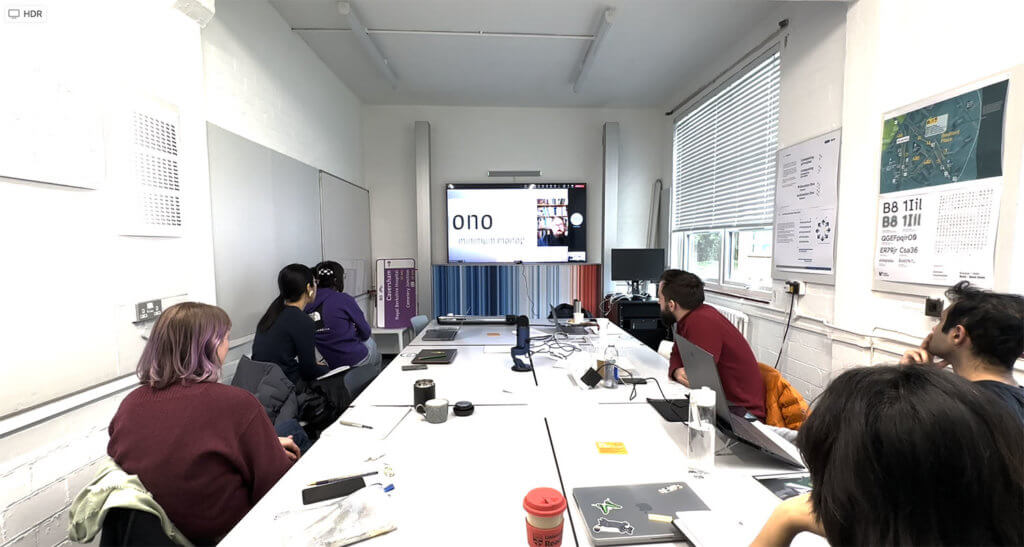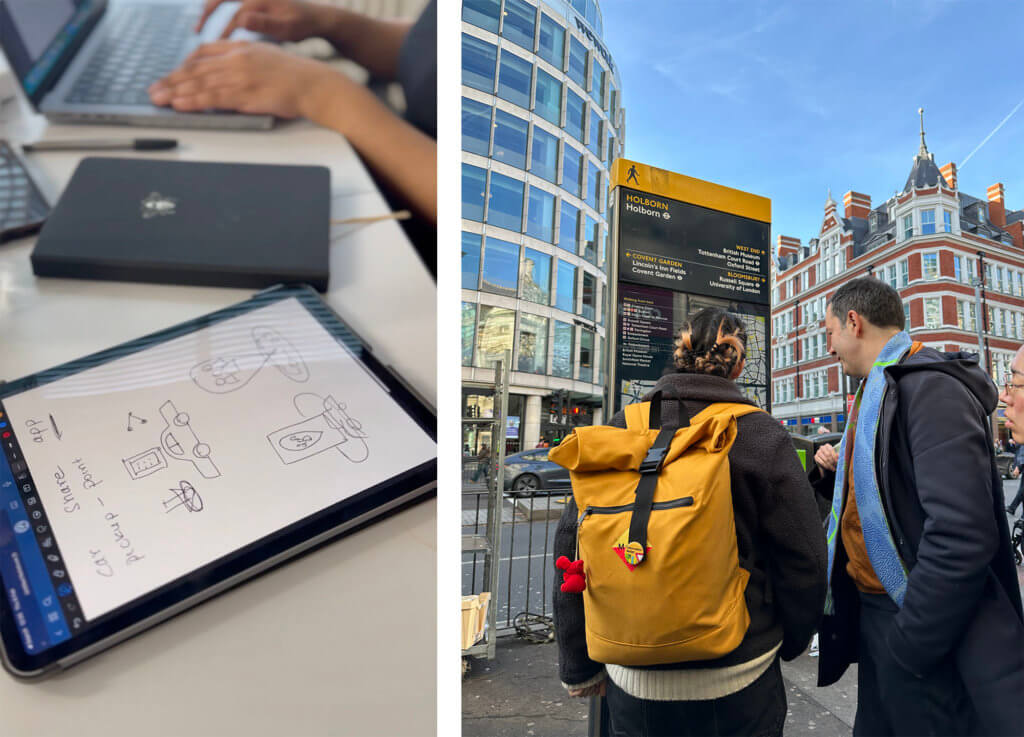



(Cross posting from Centre for Information Design Research)
We are delighted to be able to point you to a video of one of a series of seminars for masters students and postgraduate researchers in the Department of Typography & Graphic Communication. The seminars, covering a range of topics, are given during the academic year by Professor Emeritus Michael Twyman.
This seminar focuses on the design of forms and its history, and draws together the Department’s research interests both in the history of printing and graphic communication and in the design of information for its users. The seminar demonstrates the use of material from collections and archives, which has been a key part of the Department’s approach to teaching and research since the 1970s.
We are grateful to the Friends of the University for funding the preparation of this recording.


Yesterday, Penny Mordaunt, Minister for Disabled People, Health and Work visited the University of Reading to find out more about our transformative Breaking down Barriers (BdB) project.
BdB focuses on embedding inclusive design in our curricula across the University. Typography have been highly involved in the project from its inception and were proud to present the ways in which we are engaging with inclusive design across a range of applications including digital, print and wayfinding design.
In particular, we were pleased to welcome Ryzard Akita, one of our 2016 graduates who is now working as a user experience designer, back to Reading. Ryzard presented his final year self-directed project – an innovative mobile app for visually-impaired users – to the Minister. Some of our recent MA and undergraduate dissertations on inclusive design were also on display for the event.
The Minister also engaged with some of the simulation tools we have been using in our courses to increase students’ awareness of the everyday challenges people face in terms of mobility, dexterity and visibility. She praised the project, saying: “Inclusivity and accessibility should be at the forefront of good design, and I’m delighted to see the University of Reading leading the way with their Breaking down Barriers scheme.”

Our Part 2 visiting student, Gabriela Lyrio Assreuy is spending her summer enjoying a stimulating, two-month placement at Soapbox. The London-based studio specialises in design that ‘helps leading policy, research and advocacy organisations to communicate their ideas’ and is the home to a number of Typography alumni from our BA and MA programmes (see pic).
Gabriela says: ‘At Soapbox I’m having the opportunity to watch closely how a successful design studio is run and how to deal with real demands, clients and timelines. Besides that, I have been able to work alongside other designers in different sorts of projects mostly permeating print design, such as publication design, infographics, branding. From typesetting to creative design processes, I am putting my abilities to practice and gaining new valuable skills and knowledge that will be essential to build a successful career.’
Soapbox designer and MAID alumnus, Žiga Kropivšek commented: ‘Introducing new colleagues to the work process is always a struggle, that is why working with Gabriela has been such a delight. She was very quick to learn all the tricks and, coming from Reading, we knew she would have a sharp eye for typographic detail. It has been very valuable for our company that we could entrust her with more complex jobs so quickly and her ambitiousness and creativity surprise us again and again.’
Gabriela is a visiting student from Brazil. She has spent this year at Reading as part of the Ciência sem Fronteiras (Science without Borders) scheme. Since 2013–4,Typography & Graphic Communication have hosted three visiting students as part of this scheme. It’s been great having Gabriela in our part 2 cohort and we wish her well as she returns to her studies in Brazil.
Information Design students respond instinctively to a wayshowing solution by getting out their smartphones. They were spotted while visiting the Bristol offices of City ID – thanks to Mike Rawlinson of City ID and to Beth Shepherd for organizing the visit.